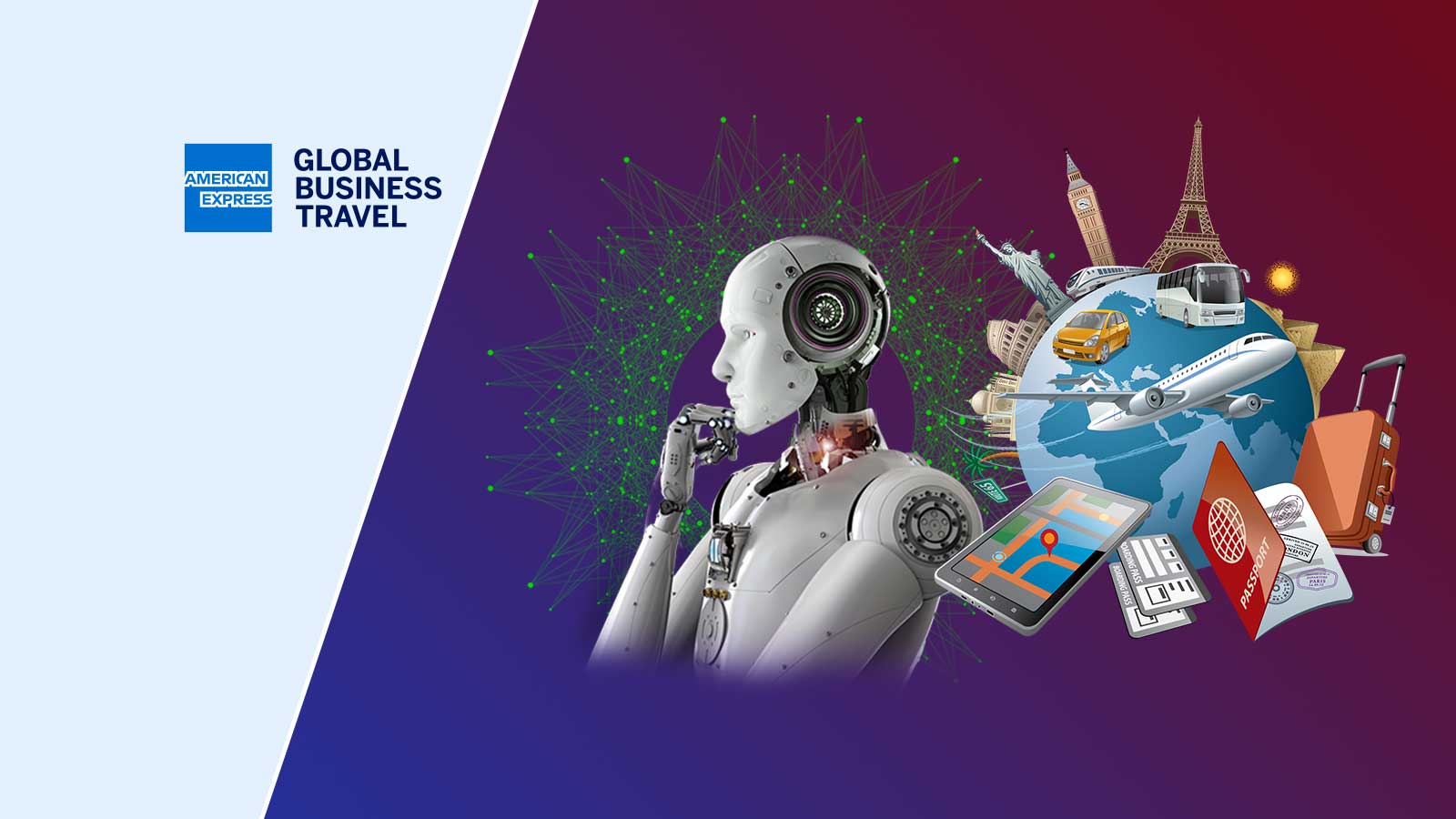
AI is not just a buzzword; it’s a tool that has the power to address longstanding challenges and unlock new pathways to improvement in the managed travel industry. It’s important to view AI with a clear focus on desired business outcomes rather than giving in to the appeal of every new trend. AI is not a one-size-fits-all solution – it is a versatile tool that can be used to bridge gaps, streamline processes, and enhance the experiences of employees, clients, and travellers.
Industry adoption of AI
The business travel industry has seen a renewal of its workforce from career travel agents to customer service professionals converting to travel. The industry has the opportunity to apply AI as a solution to bridge the knowledge gap and ensure continued excellence in traveller care – especially supporting traveller counsellors with coaching, knowledge assistants, concierges, and operational insights. The power of AI can complement teams with the knowledge and insights they need to deliver personalized services to travellers.
Additionally, the landscape of managed travel is evolving rapidly, with increasing complexity in choices and a deviation from traditional standards. AI becomes essential for going beyond the search box, beyond the review blog, and beyond the traveller profile. Indeed, generative AI’s knack for language makes it a fantastic ally to search in natural language beyond classic parameters, in aggregating and summarizing reviews, and answering profile and policy questions.
Machine learning has already helped unlock insights and forecasts for the travel program. Applied at a personal and group level, it reveals true habits beyond what the profile preferences and travel policy suggest. This provides the choice to reinforce good habits by dishing up offers that will seem more pertinent to the travellers and to consciously suggest deviations towards more desirable choices.
Data readiness is biggest challenge
However, it’s important to acknowledge that AI is not a cure-all for our industry’s challenges. Companies will need to determine which tasks can be automated and recognize that some tasks still require or should have human involvement. Other issues such as foundational data fragmentation have also persisted, and while AI will not resolve any of these issues entirely, it provides the tools to help us understand, compare, and use data more effectively.
The break point between classic AI and new generation AI is twofold: classic AI such as NLP and predictive analytics revolved around the understanding of data in all its forms to produce classification, detect patterns, and produce identification. It extracts what is already there. New generation AI such as large language models and image/sound generation builds on top of the classic capabilities adding the ability to create new data and understand with nuance and context. Taking this notion further, new generation AI is not limited to the dataset it is presented with, it leverages the pre-trained data it possesses to extrapolate, inform, and transform.
In the past, machine learning was used to inform rules engines and other sophisticated programming to provide pertinent trip offers. Now we are seeing natural language processing being used to power the chat bots that help with service efficiency. Large language models provide the ability to understand and lead parts of the conversation, extract the relevant data, and transform it into the API format required to complete a booking. In this scenario, the human aspect is also important. Travel counselors who spend time understanding then researching and building itineraries, will soon be able to focus on curating the proposal. This will also free them to be more consultative in live scenarios.
Also Read: More than 500 AI Models Run Optimized on Intel Core Ultra Processors
Looking ahead, the focus on generative artificial intelligence may very well represent a significant leap forward. It has the potential to revolutionize various aspects of business travel operations, from creative tasks like writing marketing copy and designing an event brand to more complex functions like coding new applications.
Implementing AI successfully
Implementing AI successfully requires a ruthless focus on selecting relevant business use cases with clear ROI, as AI has running costs that can quickly become expensive when scaled. Rigorous testing is paramount to ensure high-quality outputs and account for variations, with sufficient guardrails and optimizations on both input and output data. Equally important is user experience design – the AI-enabled feature should be seamlessly integrated into existing business tools and practices to reduce change management hurdles and drive adoption. A well-designed AI implementation aligned with strategic goals, supported by robust testing, and blended into familiar workflows will maximize the technology’s transformative potential.
[To share your insights with us as part of editorial or sponsored content, please write to psen@itechseries.com]
The post Unlocking the Future of AI in the Managed Travel Industry appeared first on AiThority.

